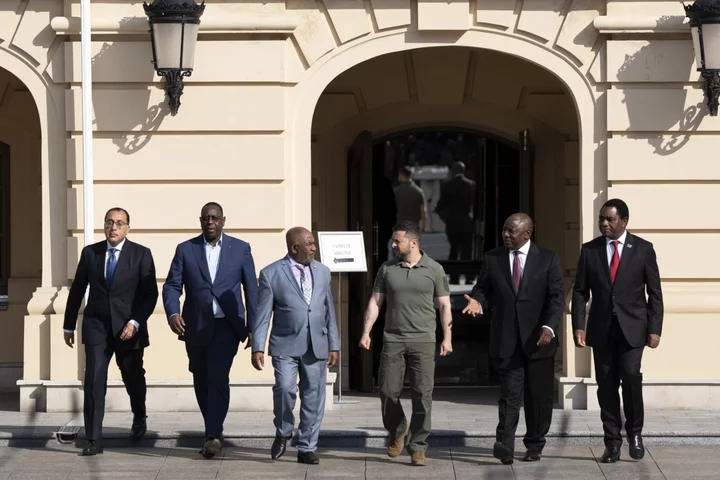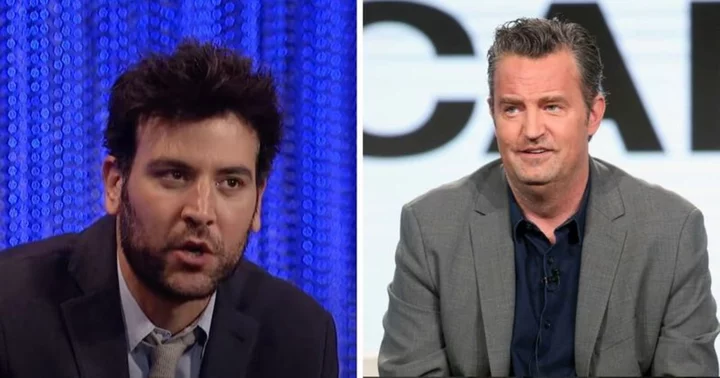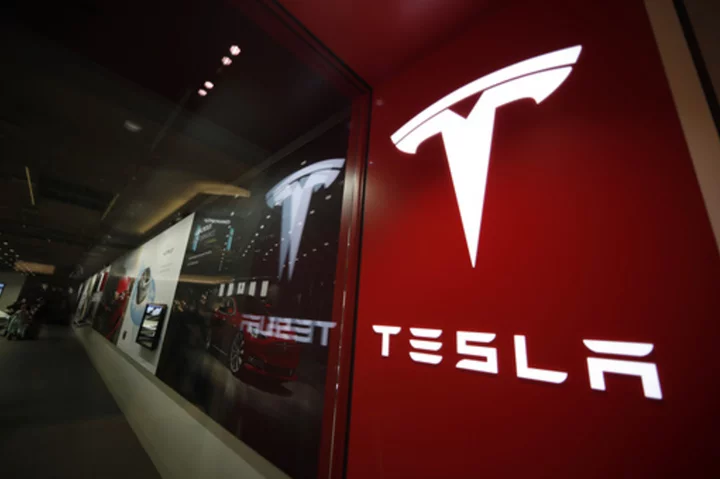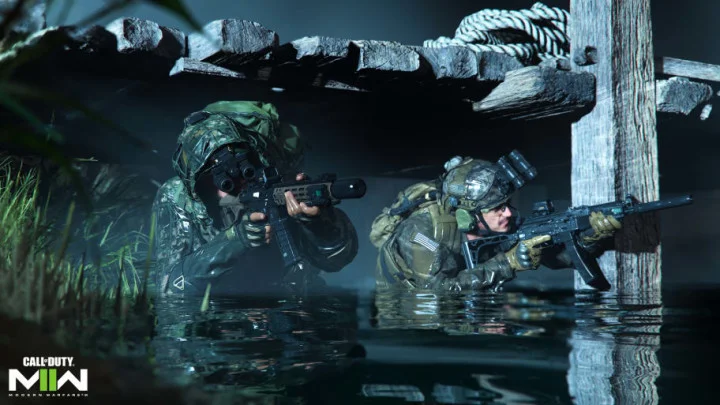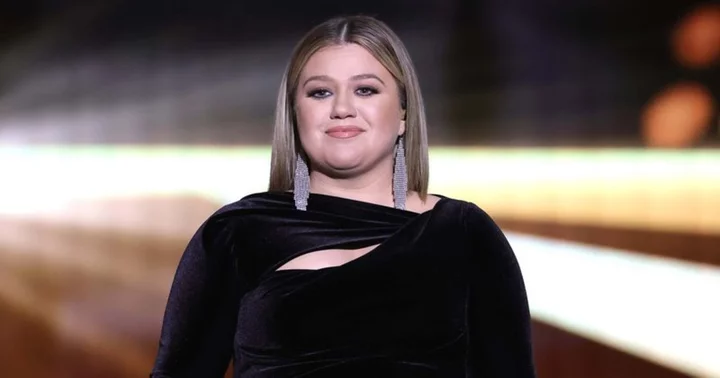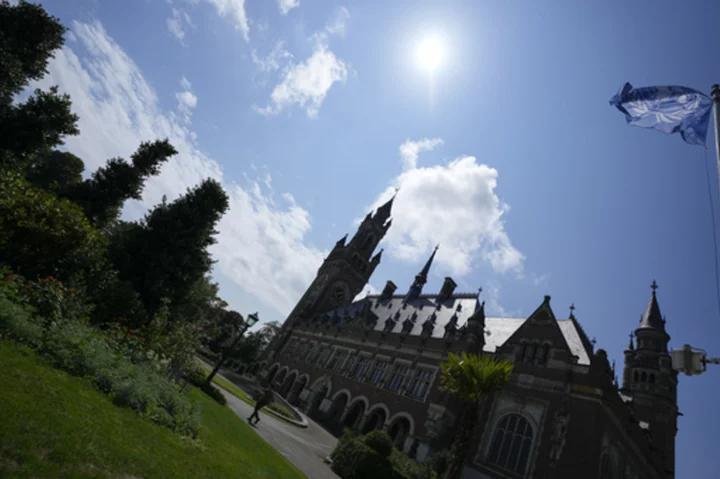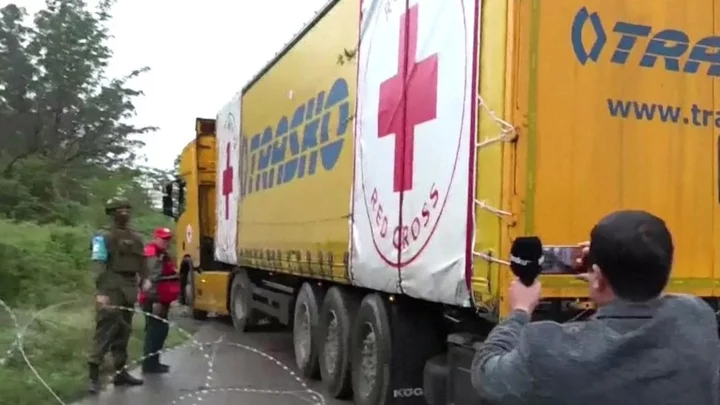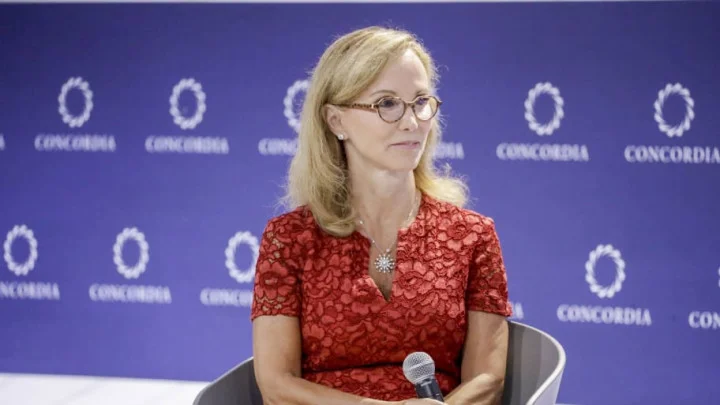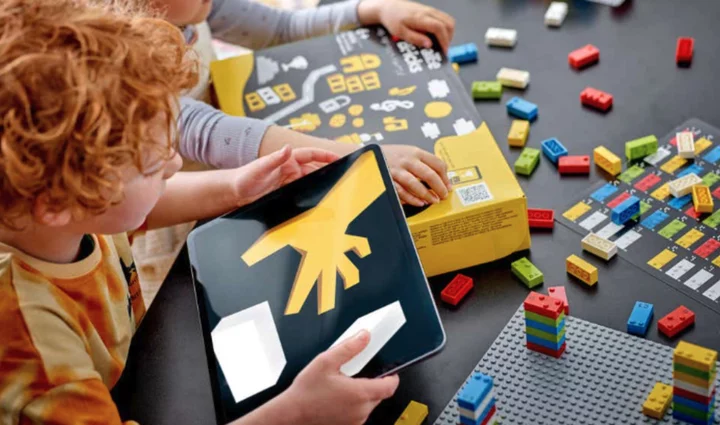(Bloomberg) --
A delegation of African heads of state and senior officials will meet with President Vladimir Putin in St. Petersburg on Saturday, the latest in a series of mediation efforts aimed at bringing an end to Russia’s war in Ukraine.
The presidents of South Africa, Senegal, Zambia and Comoros and the prime minister of Egypt will take part, along with officials from Uganda and the Republic of Congo, Tass reported, citing Kremlin spokesman Dmitry Peskov.
The meeting will follow Friday’s talks in Kyiv with Ukrainian President Voldymyr Zelenskiy. Putin will hold a separate bilateral meeting with South African President Cyril Ramaphosa, Peskov said.
Details of Africa’s proposals to end the fighting in Ukraine haven’t been made public. Reuters reported Friday they might propose confidence-building measures including a Russian troop pullback, suspension of the International Criminal Court’s arrest warrant for Putin, the removal of tactical nuclear weapons that have started to arrive in Belarus, and sanctions relief, citing a draft framework document.
Read more: Next Africa: Putin is Key for Cornered Ramaphosa
The African leaders will face an uphill battle to convince the warring sides to lay down their weapons. Zelenskiy has rejected any deal that entails Ukraine ceding territory to Russia, and is Putin unlikely to agree to conditions for a troop withdrawal.
“Ukraine wants peace more than anyone, but we won’t achieve diplomacy with Russia while they are on our territory,” Zelenskiy said Friday after meeting the African leaders.
In response, Senegal President Macky Sall said that, “when you’re fighting, you still probably need to have place for a dialogue.”
Seeking Neutrality
The mission was announced in May by Ramaphosa. The African states join France and China are among those spearheading separate interventions to try and bring an end to the war, which will soon hit the 16-month mark.
Just over half of Africa’s 55 nations voted in favor of United Nations resolutions condemning Russia’s invasion of Ukraine, while most of the rest abstained as a way to stay neutral toward the biggest European conflict since World War II.
Africa, along with the rest of the developing world, has been severely affected by the conflict, which disrupted trade and pushed up prices for grain and fertilizer.
Putin this week hinted that Russia may quit a deal brokered last summer by Turkey and the United Nations allowing Ukraine to safely ship grains from Black Sea ports. The pact, and the millions of tons of wheat, corn and other foodstuffs shipped since August, has helped to stabilize the world grain market.
Moscow extended the deal in mid-May for a further two months but has repeatedly threatened to withdraw from the pact.
The war has placed South Africa in a particularly difficult position. It’s due to host a meeting of heads of state from the BRICS nations in August, but as a member of the ICC would be obliged to execute an arrest warrant the tribunal has issued for Putin, should he attend. Pretoria is now considering moving the gathering to China, which isn’t an ICC member.

